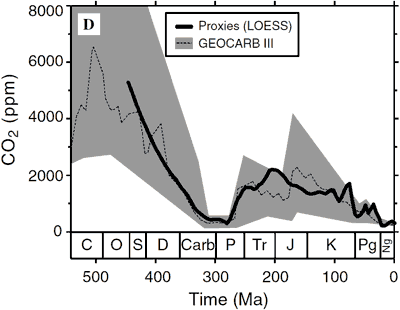None of this is particularly controversial.
Here's a good book that I highly recommend: A Short History of Nearly Everything, by Bryson. It is highly entertaining and informative overall. (It's great as an audio book, read by the author, who is hilarious.) One of the things it shows is the history of the development of scientific knowledge.
People think that science is very lofty and not subject to factional infighting, where the factions use all the dirty tricks of media or government (propaganda, calling in favors to unfairly support allies and lock out or censor opposing ideas, smears, misleading statements to drum up public and governmental support, whipping up hysteria, etc.). In fact, the history of science is full of such things.
The field of global warming is no different.
The whole field of global warming might end up being one of the many scientific fads in history that ended up being 100% hokum; or it might not. But no one is going to know which -- not even the experts -- because the models behind it are nearly completely useless. You cannot have models with a thousand adjustable parameters that are meaningful for anything complex (like the climate). You end up fitting the past and finding zero predictive value.
CO2 currently is near a minimum for the history of our planet. The only time it was near this low was part of the Carboniferous Period and part of the Permian Period. It was many times higher during the others including the Triassic (dinosaurs), Jurassic (dinosaurs), Cretaceous (mammals), and Peleogene (primates).

Our planet has had periodic ice ages. Maybe more CO2 in the atmosphere will delay or reduce a next ice age -- there's about as much evidence for that as global warming. If so, because an ice age would wipe out most humans and other species, maybe it is a blessing that mankind increases CO2 a little (although we ourselves will never add enough to get us to the Triassic, Jurassic, or Cretaceous. Also, plants grow better with more CO2 in the air.
